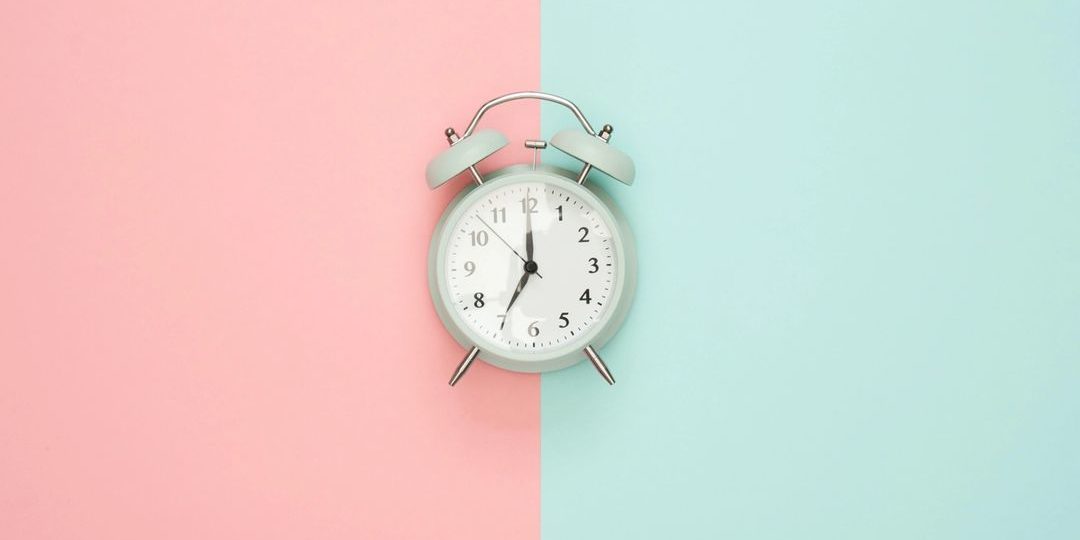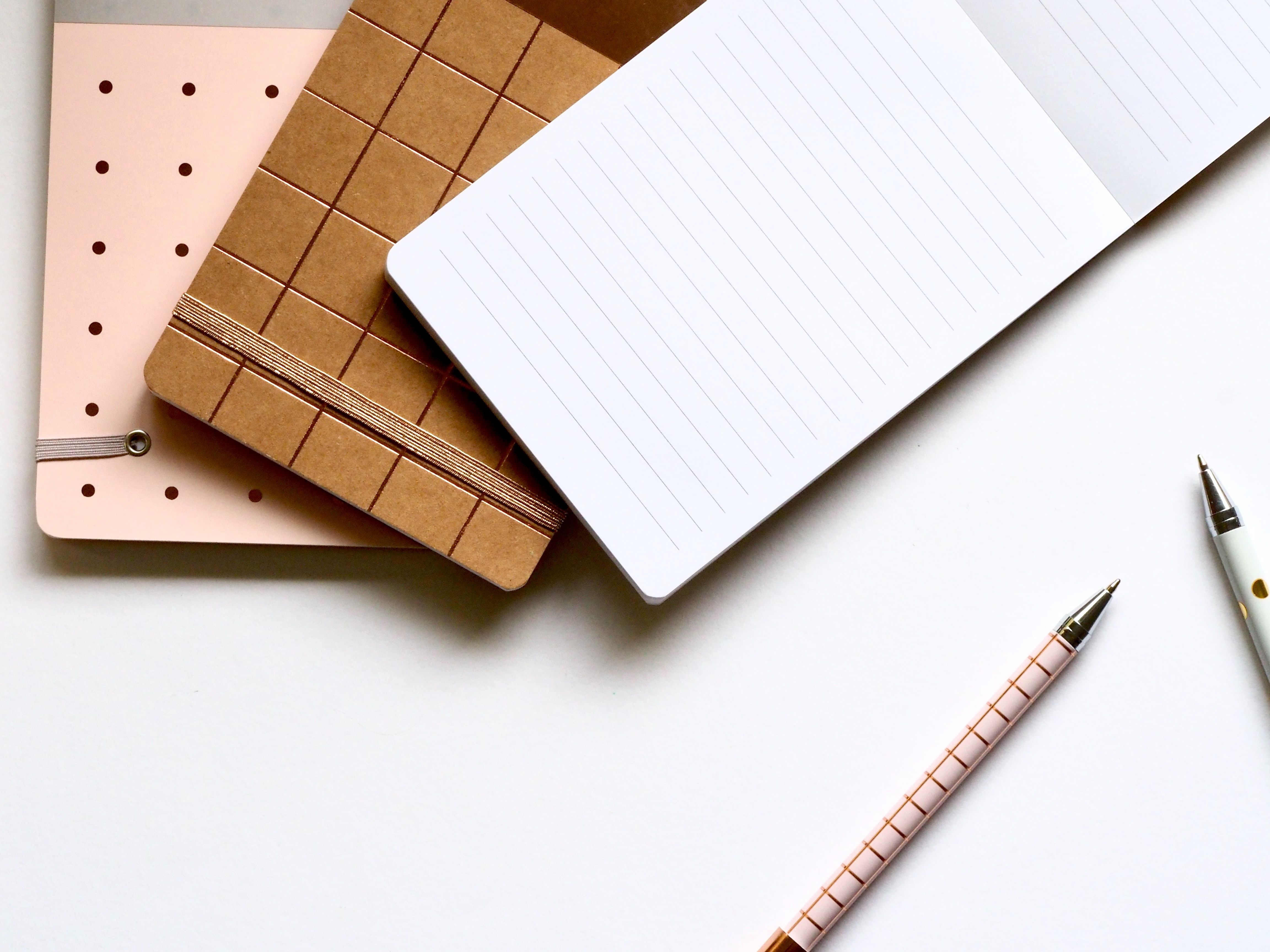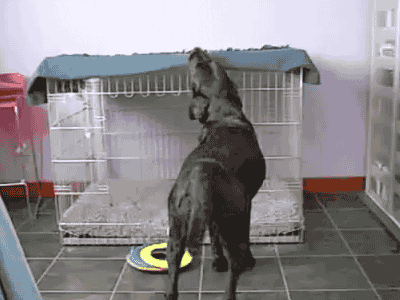Get ya tips out.

Get ya tips out.
How the Consume Comms team and members of our community effectively manage their workload.
Is work getting on top of you? Do you tend to drift off and get your dose of retail therapy when you’re supposed to be finishing off that presentation? Or do you just want to freshen up on how you manage your working day?
The Consume team and some of the brilliant members of our community shared insight into how they manage their workload, and as you’ll be able to see, everyone works best differently. For you – trial, practice and mould tips to what works best for you, then GO GO GO!
How do you manage your day to day workload?
“I prefer to use a notepad and pen as it’s the way I process information best, however I also use online tools such as Asana to allow for collaboration.” – Meriesha, Operations Consultant, Consume Comms
“I always try to ensure I’ve planned the day ahead so that I crack on with work straight away in the morning, otherwise I can sometimes feel a bit lost and waste time making a plan in the morning.” – Zoe, Videographer, Opal Video
“I’m a total sucker for notebooks, I actually have about three to-do notebooks and two note taking ones on the go at once. Then I have a master notebook which I use to compile really important notes that doesn’t leave my flat. Yeah, I’m a total nerd.” – Owen, Freelance Graphic Designer
“I tend to brain dump all my jobs into Asana with some rough deadlines – more as a prompt to make sure they are still front of mind when the deadline rolls round. I then write my daily tasks in my diary as I find I engage better physically writing them down and I get more of a sense of achievement crossing them off.” – Hannah, Managing Director, Consume Comms
What can we take away from this?
- The satisfaction of actually crossing out or ticking off a completed task provides you with motivation to continue your productivity throughout the day. Whether you prefer to write your to do list in a notebook or using online tools, is up to you.
- Planning what you’ll work on the night before starts your day fresh, goal orientated and saves you time. How you spend your first hour sets yourself up for the rest of the day, so start it productively!
- Getting yourself organised the night before is also great for your mindset at the end of the working day as it ties in everything that you’ve worked on, providing a sense of achievement and can help settle any worries you may have – leave work at work!

Do you have any personal tips you’d provide to someone who struggles with managing their daily workload/time?
“If I feel a task is going to take an extended amount of time compared to other things, I like to spread it out over more days so other jobs are not neglected or forgotten.” – Rob, Marketing Executive, Consume Comms
“Only give yourself one or two big tasks for the day, and then if you get those done, you can be satisfied that you’ve achieved what you needed to that day.”– Owen
“Make a ta-da list…If you feel like you haven’t accomplished anything, at the end of the day write a list of everything you have done, and I’m sure you’ll be pleasantly surprised that you’ve achieved more than you first thought. Ta da!” – Zoe
What can we take away from this?
- Set yourself a handful of weekly tasks or goals and split them up into daily tasks: you’re reaching your goal with a sense of achievement each day.
- Who’s with me when I say Zoe’s Ta-Da list is GOLDEN – a valuable way of switching up your mindset to realise you’ve done a good job today.
At what time do you normally feel most productive?
“I’m normally most productive in the evening, annoyingly I work best post 10pm! But that isn’t very constructive professionally, so now I try to wake up early and do an hour or so then get ready and head to work later and work a bit more of evening time.” – Hannah
“If you complete the bulk of your work and your most difficult tasks early on in the day, you’ll be less likely to worry about time, and by the afternoon you’re less stressed, ready to wind down, can think about the next day, and enjoy your personal time in the evening.” – Rob
“Definitely early in the morning when I have a clear head. I also have about three coffees before 9am, so that tends to help a lot.” – Owen
What can we take away from this?
- If you need to switch up your routine like Hannah who works best in the evenings but it doesn’t match our clientele’s working hours, work within the 9-5 but look to complete smaller tasks in the morning and then prioritise more difficult jobs in the evening.
- On the flip side, Rob makes a good point that if you complete your most difficult tasks in the morning, you can start to wind down towards the end of the day with less worry.
How do you prevent procrastination? And how do you pull yourself out of that mindset once you’re in it?
“The best thing for me is to set a deadline. Sometimes it’s good to chat with a colleague who may have a different perspective on the task which gets the motivation flowing.” – Meriesha
“I like to justify procrastination as part of the creative process. We’re not robots so it’s fine to take small breaks. I do try to complete the important tasks early on in the day though, as the further into my day I get, the more distracted and fuzzy I feel.” – Owen
What can we take away from this?
- Set yourself deadlines to work towards if your client hasn’t already set them for you.
- Sometimes it’s a sign that you need to give yourself a break. Take some time out, sit back down, start fresh and crack on.

During stressful times, how do you stay organised and keep calm?
“I find I have to switch off all devices and have no access to check on work – full detox and do something completely passive like binging Buffy, baking, or doing my nails.” – Hannah
“Even though I don’t feel like stopping sometimes when I’m working to a deadline, it’s really important to have a break and a little walk to clear my head and ensure I can stay focused. Staying hydrated and eating well are key, especially in the afternoons I can start to feel low on energy.” – Zoe
What can we take away from this?
- Taking yourself away from the situation can provide you with some thinking time and a new outlook once you jump back into it.
- It’s important to give yourself a break or you’ll end up hitting a wall and will struggle to start working again. Drink water and enjoy your lunch.
- Talk to your team or a friend! Getting the stressful feeling off your chest will help, though approach the conversation with positivity and solutions. Plus, ask questions to gain their insight – they may have already experienced a similar difficult situation before and will be able to provide you with other helpful ideas.
Top Tips
- Plan your working day the night before
- Try Zoe’s Ta-Da list – I will be!
- Schedule your most difficult jobs for when you’re most productive in the working day
- Remember to give yourself breaks, drink water and eat!
- Talk to your colleagues.
Other articles:
- 5 Tips From Working From Home by Zoe East at Opal: https://www.linkedin.com/pulse/5-tips-working-from-home-zoe-east/
- What 17 Months Of Working From Home Has Taught Me by Sam Howey at Consume: https://www.linkedin.com/pulse/what-17-months-working-from-home-has-taught-me-samantha-howey/